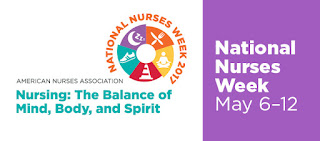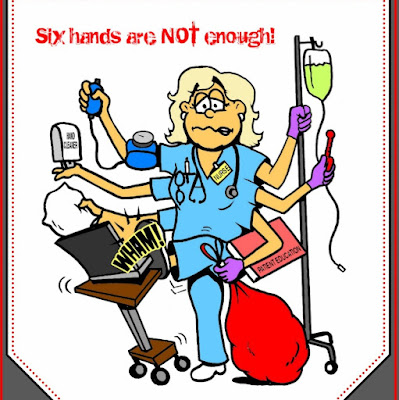Opinion: Don’t let insurers degrade HIV coverage
BY KEN RAPKIN, Special to the Miami HeraldJuly 7, 2014
In May, several Florida insurers became the target of an administrative complaint filed by the National Health Law Program and the AIDS Institute alleging that they are charging “inordinately high co-payments and co-insurance for medications used in the treatment of HIV and AIDS.”This is particularly disturbing given the fact that people who are diagnosed with HIV/AIDS have a much better chance of living longer than they did even 10 years ago thanks to scientific advances being made and the drugs that have become available as a result. An estimated 60,000 Americans living today have had the HIV virus for 25 years or more and half of the HIV-positive population in the United States will be over the age of 50 by 2015.
Meanwhile, the costs associated with their care will only continue to rise as this population ages.Excluding or making it difficult for those with HIV/AIDS to procure full medical coverage is extremely dangerous. Making it harder for people with HIV to access medical care, and life-saving/life-extending drugs does great harm.
The mental and emotional anguish of being discriminated against or denied proper insurance coverage is especially taxing and creates additional hardships.The most recent published estimate of lifetime HIV treatment costs was $367,134 in 2009 dollars. according to the CDC. In 2012, the U.S. spent nearly $15 billion on HIV care and medication.Why should South Floridians care? Miami has the highest HIV/AIDS rate in the country with 37.2 per 100,000 people, or a total of 64,573 people living with the disease, according to the U.S. Census Bureau and the Centers for Disease Control and Prevention. Private sector contributions are becoming increasingly important, as government funding, not only for care and treatment of the disease but also for research, has dried up in recent years. Many private nonprofits, including the Elton John AIDS Foundation and the Bill and Melinda GatesFoundation, focus on providing direct patient care services and AIDS prevention education.
For the past 19 years, the Campbell Foundation has filled a crucial niche for up-and-coming researchers, as well as proven labs around the U.S. that otherwisemight not be able to obtain funding for projects that could lead to a cure.Since 1995, The Campbell Foundation has given away more than $8 million dollars for more than 130 research projects throughout the world.
Another $1 million has gone to direct services for those with HIV/AIDS.The foundation provides seed money to those on the cutting edge of research designed to eradicate the virus. Thanks to one of our grants, a Lauren Sciences research team at Ben-Gurion University of the Negev in Israel was able to overcome the “blood brain barrier” that prevents the HIV-fighting drug Tenofovir from passing into the brain to fight the disease.Scientists have come a long way toward finding a cure, and in the process many of those afflicted with the disease are living much longer than in the past. It’s the incremental steps made by researchers around the world that have gotten us this far.
As the Campbell Foundation prepares for its 20-year anniversary next year, we hope that one day our mission is accomplished and a cure for AIDS is discovered. In the meantime, even though AIDS is not in the news every day, we must continue to find ways to financially support those who are battling the virus as well as those in search of a cure.
Ken Rapkin is program officer for the Campbell Foundation, a nonprofit organization based in Fort Lauderdale thatprovides funding to scientists around the world working to find a cure for AIDS. www.campbellfoundation.net





No comments:
Comments for this blog are held for moderation before they are published to the blog.
Note: Only a member of this blog may post a comment.